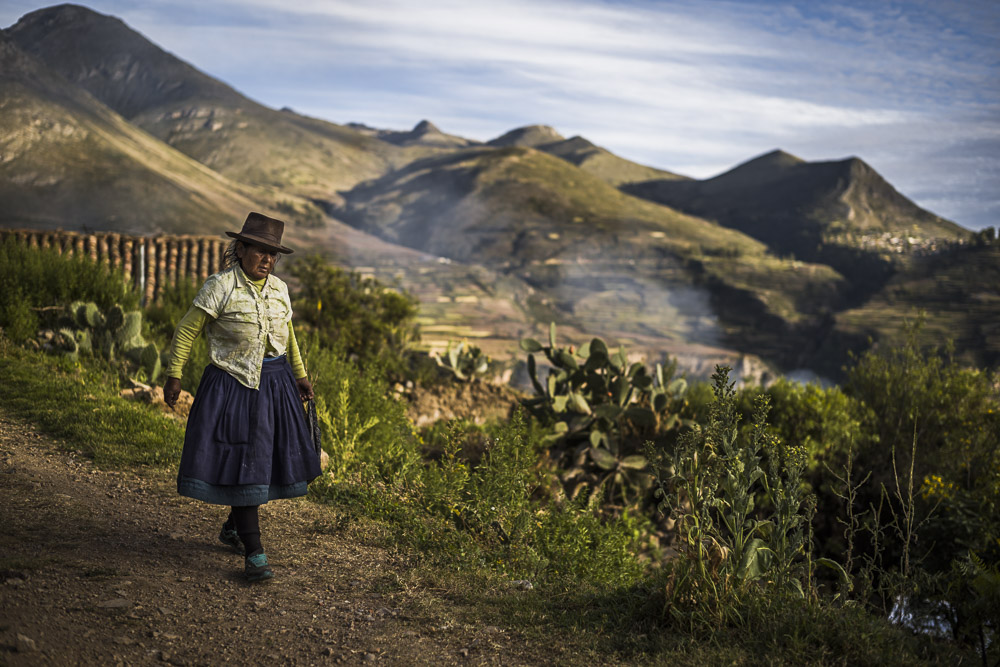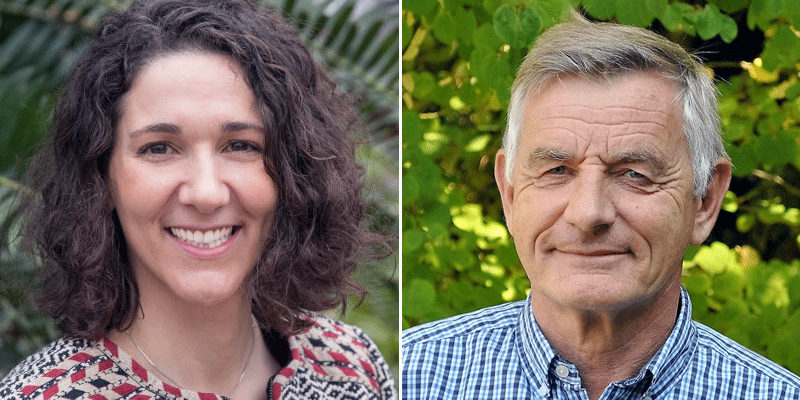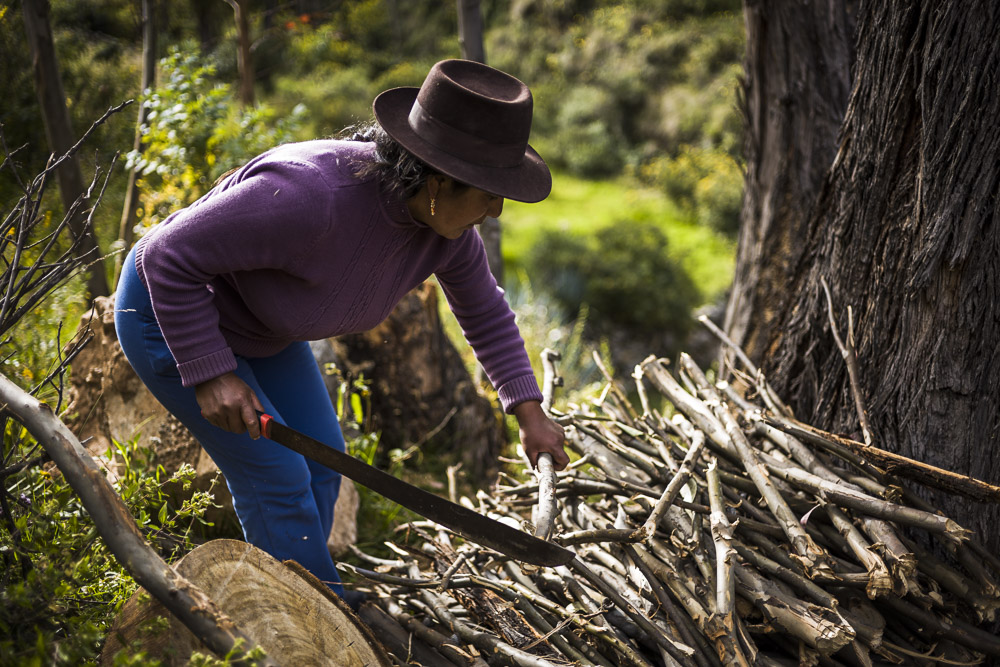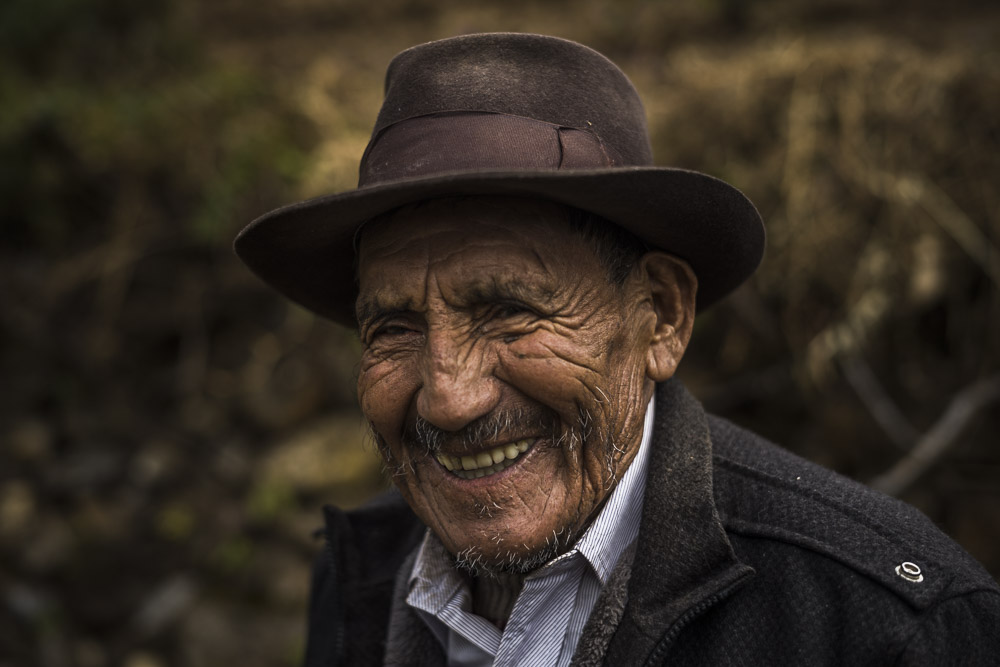The carbon credits generated by the Livelihoods efficient cookstoves project in Peru are certified by the Gold Standard (read the interview of Marion Verles, CEO of the Gold Standard, and Bernard Giraud, President of Livelihoods Venture). This certification guarantees that the climate impact of the project has been rigorously measured, according to internationally recognized methodologies, and that the project contributes to improve the daily lives of local communities. One of the main principles of this certification is “additionality”, which implies that the climate impact of the project is directly linked to actions which have been implemented and would not have occurred without them. It is indeed possible to demonstrate that, without the Livelihoods Fund’s investment, the people of Ayacucho and Huancavelica would not have been able to equip themselves with efficient cookstoves, by taking similar villages outside the project zone as a baseline.
The certification process, to quantify the climate impact of the project in “tons of CO2 avoided”, follows 4 main steps.
- All throughout the project, ITYF will update its database on the project beneficiaries with the support of its network of volunteers. Weddings, deaths, moves…: everything will have to be registered over the fourteen-year span of the project. Only families using the cookstoves on a daily basis are taken into account to calculate the climate impact of the project.
- A few months before the due date for emission of new carbon credits, ITYF conducts a detailed survey with a representative sample of the project, following the requirements of the Gold Standard. ITYF visits around 300 families to confirm the consistency of its database, verify the working order of the cookstoves and how families are using them. The wood consumed by each family for one day is weighed. It is then compared to the needs of a family using a traditional stove to quantify the positive impact of the cookstoves on wood consumption and deforestation. ITYF makes these measurements with the support of a carbon methodology expert selected by the Livelihoods Fund. Based on formulas approved by the Gold Standard, this expert then calculates the tons of CO2 avoided thanks to the project, based on the information sent by ITYF.
- Afterwards, an independent consultant accredited by the Gold Standard goes into the field during one week to make the same measurements with a random sample (within the representative sample surveyed by ITYF or beyond) and compares its own results with those from ITYF. It is therefore instrumental for the NGO to always keep its database up-to-date and replace defective cookstoves if needed all along the project’s lifespan and for all the 30,000 families. The auditor also questions villagers on the benefits they get from the project and their grievance to write down his report. If the auditor finds disparities between his measurements and those of the NGO, it can ask for complementary information, take new measurements or suggest a negative response to to the carbon credit certification request.
- Following the auditor’s recommendations, The Gold Standard can initiate a new audit, refuse or accept to certify the carbon credits. If it certifies the carbon credits, the Livelihoods Fund receives the number of credits approved by the auditor (1 credit = 1 ton equivalent of CO2 avoided or sequestrated in agroforestry projects).
Companies which have invested in the Livelihoods Fund are then free to use the certified carbon credits to offset the emissions they cannot reduce within their activities. They can also use them to achieve the carbon neutrality of their brands or other initiatives like Schneider Electric which uses carbon credits from the Livelihoods Fund’s projects to offset the emissions of the Paris Marathon (Learn more).
Photos: Sandro Di Carlo Darsa/ Livelihoods Funds.
Read also:

Simple technologies can change lives when made accessible
With the support of the Livelihoods Fund, NGO ITYF has equipped 30,000 Peruvian families with efficient cookstoves in only one year.
Read more
The next challenge for carbon standards: reach climate & social impact
Marion Verles, CEO of the Gold Standard Foundation, and Bernard Giraud, President of Livelihoods Venture, share their views on the opportunities offered by the carbon economy.
Read the interview




